Academia has come a long way in the past 53 years, since I was one of the first student members of the newly formed ‘staff-student consultative committee’ at Imperial College. The staff seemed a little bemused as to what the meeting was all about and we struggled to get any meaningful listening, let alone engagement. Nowadays we recognise the importance not just of listening to the student voice and acting upon it but also how students, as co-creators of their learning, are vital influences on pedagogy, curriculum and assessment.
Of course, this transition from neglected audience to active participants has coincided with massive changes in the nature of being a student. I had all my fees paid for me and a grant big enough to live in London without difficulty. Today’s student is encouraged to see themselves as a consumer taking out a massive loan to fund both their studies and living costs in a competitive and crowded marketplace. High student satisfaction scores in the National Student Survey are thought to provide institutions with a competitive edge in this market, so why wouldn’t you listen to your students and offer longer library opening hours or change the catering arrangements. While such changes and a general responsiveness to students is good, it is missing much of the value of engagement with students.
All those years ago, we student scientists wanted more interdisciplinarity on our courses and even suggested ways of achieving it. We were dismissed as dangerous radicals. How could we possibly be expected to have a say in curriculum and know what was right for us. It was bad enough that we had pointed out that one of our eminent lecturers gave unintelligible lectures, we were told it was all in books and we were lucky to have him on our course. Actually, we were correct about the curriculum as time has proved. Or take a more modern example from one of our most prestigious universities. Black students on the English course, albeit only a small minority in this particular university, realised that all the recommended books were by white authors and suggested some written by black authors. They were dismissed out of hand and a female black student was vilified in the right wing press for having the temerity to suggest what might be included in her course, as if the students could know better than the professors. Yet statistics show significant discrimination in that university against black students who consistently gained lower grades than white students with the same entry qualifications. Again the students had pointed out something that was hidden in plain sight, the biased curriculum was part of the problem.
Students are investing their future in higher education, as well as large sums of money, time and effort. They have chosen to study subjects they love and often are passionate about. No wonder they have strong views and special insights. Any sensible business listens to its customers, or it soon has no customers. In higher education the need is even greater because without the active engagement of students the main business, learning, cannot happen. Students are not burdened by the baggage of the battle to get an agreed curriculum. Their contemporary experience means that they are often better placed to understand changes in what skills and learning may be important in the future than late career staff. They are uniquely placed to comment on pedagogic issues and ‘what works’ in teaching. For these and many other reasons we should seek not just to listen to our students but to actively engage them.
It was once said to me by a motor company executive ‘ you are so lucky in higher education, it is so easy for you to get customer feedback, they are queueing up to tell you, you have no idea how hard it is for us to get any customer feedback. We have to feed them, supply fine wine and great locations and even then we don’t get the same quality feedback as you get everyday.’ I had to agree even if it is sometimes challenging. So then if it is so easy and so valuable why are we still so reluctant to do it?
